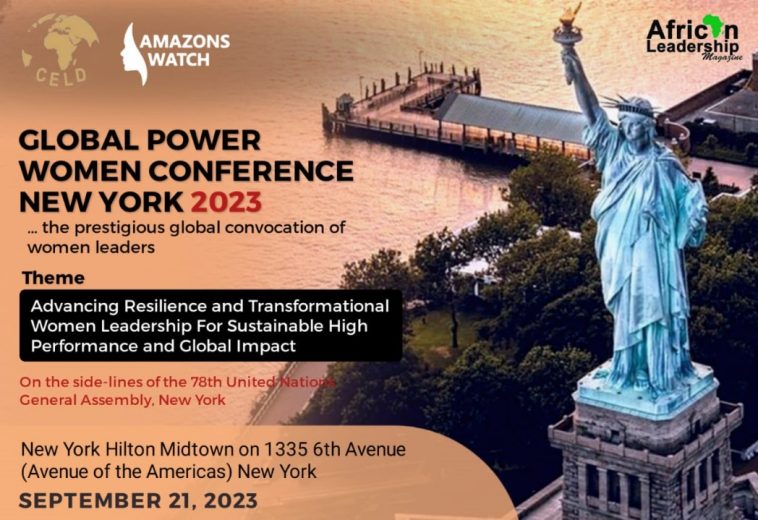In this article, we discover how Zanzibar’s blue economy approach is changing lives. By harnessing the power of its pristine oceans and coastal resources.
Zanzibar, a paradise known for its stunning turquoise waters, pristine white-sand beaches, and vibrant coral reefs, is carving a new path towards sustainable economic growth through the adoption of a “blue economy” approach. This innovative strategy focuses on harnessing the vast potential of ocean resources to drive economic development, enhance livelihoods, and foster job creation, all while safeguarding the health of the marine ecosystem.
In the words of Dr Hussein Ali Mwinyi, the President of Zanzibar, “Zanzibar is an island. We are surrounded by the ocean. We don’t have much land. And for that reason, agriculture would not be big in this area because of the scarcity of land. We don’t have minerals, but since we are surrounded by the ocean, we thought the ocean should be our ‘planet’. This revelation underscores the island’s commitment to utilising its oceanic resources as a cornerstone of economic progress.
The Role of Tourism in Zanzibar’s Blue Economy
Tourism is a pivotal component of Zanzibar’s blue economy strategy. The island’s breathtaking natural beauty and rich marine biodiversity have positioned it as a prime destination for tourists seeking immersive coastal experiences. Remarkably, tourism contributes a substantial 30% to the country’s gross domestic product (GDP). Recognising this, Zanzibar has crafted policies aimed at attracting more visitors, especially in areas linked to fisheries, a sector that employs a significant portion of the local population.
Zanzibar’s blue economy encompasses diverse sectors beyond tourism and fisheries. Notably, the discovery of oil and gas reserves has opened doors to potential economic growth. With around 3.2 trillion cubic feet of gas reserves already identified, Zanzibar aims to harness these resources in the near future. The island also envisions establishing a multipurpose port in Mangapwani, which will serve as a transshipment hub, connecting to various ports in the region.
The blue economy concept, as defined by the United Nations, spans a wide spectrum of industries, both established and emerging. These include offshore renewable energy, aquaculture, seabed extractive activities, marine biotechnology, and bioprospecting. In addition to traditional sectors like fisheries, tourism, and maritime transport. Zanzibar’s holistic approach aligns with this global perspective.
An integral aspect of translating the blue economy vision into reality is marine spatial planning. This entails mapping out diverse ocean uses, such as fishing, tourism, and conservation, and harmonising these activities to ensure sustainable management. By doing so, Zanzibar seeks to strike a balance between economic growth and environmental preservation, fostering a harmonious coexistence between human activities and the marine ecosystem.
Zanzibar’s embrace of the blue economy model illuminates a promising path for sustainable economic growth. The island’s recognition of the ocean’s untapped potential, coupled with a commitment to responsible resource management, positions it as a beacon of innovation in the waters of economic development. As Zanzibar continues to steer its course towards a thriving future. The blue economy stands as a pointer to the island’s determination to balance progress with ecological stewardship.


